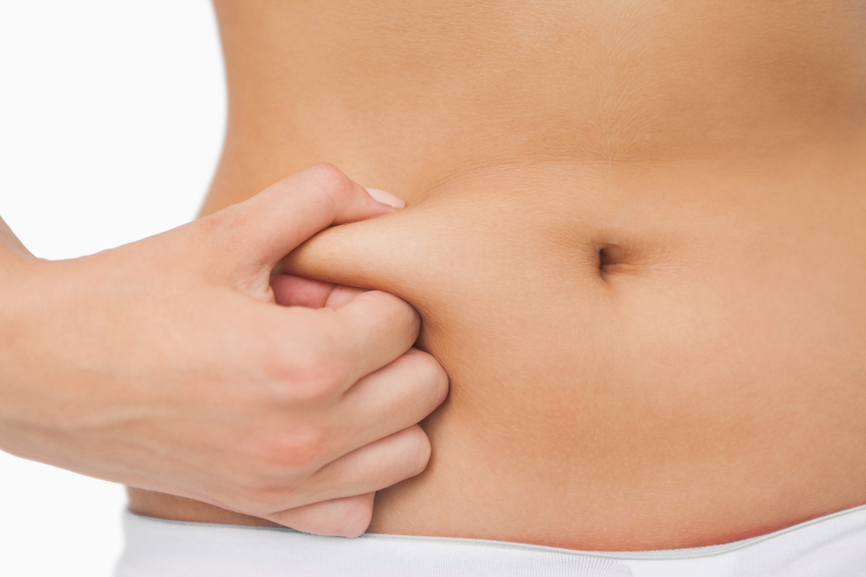Why Liposuction Is The Way To Go

Definition: Liposuction, also called Liposculpture Suction Lipectomy or lipoplasty, is a kind of cosmetic surgery that involves the removal of fat from various regions of human body. This type of surgery “breaks and sucks” fat from various parts of the body like thighs, abdomen, back of the arms, back, buttocks, neck, calves and chin.
The procedure involves removing fat through a hollow instrument called the cannula, which is inserted below the skin in areas that contain fat. Then, a high pressured and powerful vacuum is applied through that.
It is the most popular form of cosmetic surgery in the United Kingdom, USA, and Australia, with over 400,000 annual procedures.
Note that this isn’t the treatment for obesity but rather involves patients who have stable body weights and who would like to eliminate the undesirable fat in certain parts of their body. Another point to note is that this procedure doesn’t remove dimples, stretch marks, or cellulite. The main objective of this procedure is to enhance and change the contour of an individual’s body.
Liposuction will eliminate the fat cells of the body permanently to alter the body shape of an individual. However, in cases where the patient lives in an unhealthy lifestyle prior to the operation, there is a big risk of those cells that have been left behind, to grow unusually bigger.
A limited amount of fat can be safely removed at a time, so as to transform your body for desired results, but too much fat cannot be removed, because you may develop dents and lumps on your skin. Therefore, it is strongly advised to seek an expert’s advice before and after the procedure to avoid any risks that may be linked with the removal of body fat.

Liposuction surgery may also assist in alienating some medical conditions like: Lipomas, Gynecomastia and Lipodystrophy syndrome.
Like other forms of cosmetic surgery, liposuction is mainly used to enhance the looks of a person in addition to providing other health benefits. In a lot of cases, a liposuction patient would achieve great results if and only if he leads a healthy life style. That is, regular exercise, good sleep and a good diet.
Sometimes an individual wishes to achieve great results with a good diet and regular exercise but this becomes difficult due to some areas of fat which are resistant and have solid accumulated fat. At this point, liposuction is an ideal solution, if that individual is not able to achieve his or her desired results by living a healthy lifestyle.
When an individual gains weight, the body fat cells increase in volume and size. Liposuction reduces the number of fat cells in those isolated areas. The amount of fat cells that are removed from an individual’s body will depend on the volume of the fat in the isolated area and its appearance. Body changes that result from liposuction can only be long term if the individual does not gain more weight and is living a healthy lifestyle.
Liposuction is not a substitute for weight loss. It is only done on small regions of the body. If a person wants to get rid of dimples and stretch marks, it is not the way to go as liposuction is viewed only as a vanity operation.
Primary care physician and general practitioners can assist you to understand the benefits of liposuction and at the same time will advice you on when not to use liposuction. If the person still wants to go through the procedure, the surgeon will ask the patient the reasons for surgery to determine whether the operation may pose any danger or not.
Immediately after the procedure, surgeons and their patients may not appreciate the results until the inflammation has decreased. In some rare cases it may take up to a maximum of four months before the swelling goes down. But after all the swelling has settled, which is mostly after one month, both will have something to smile about.
Permanent results will depend on whether the patient adds weight or not. If the individual adds weight after the procedure, the fat distribution may be altered and they may find it shifting to other parts of the body.
However if the patient and the surgeon have both discussed everything through, the procedure of surgical removal of fat deposits is always a success for many.
